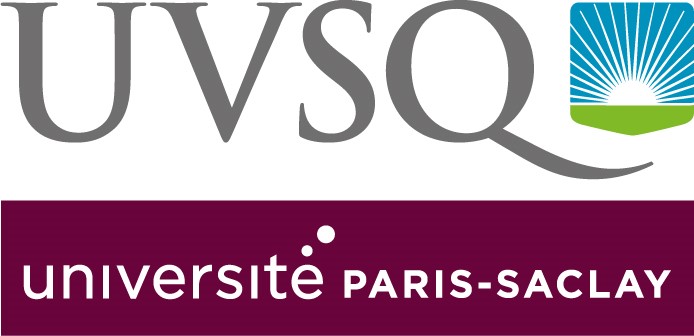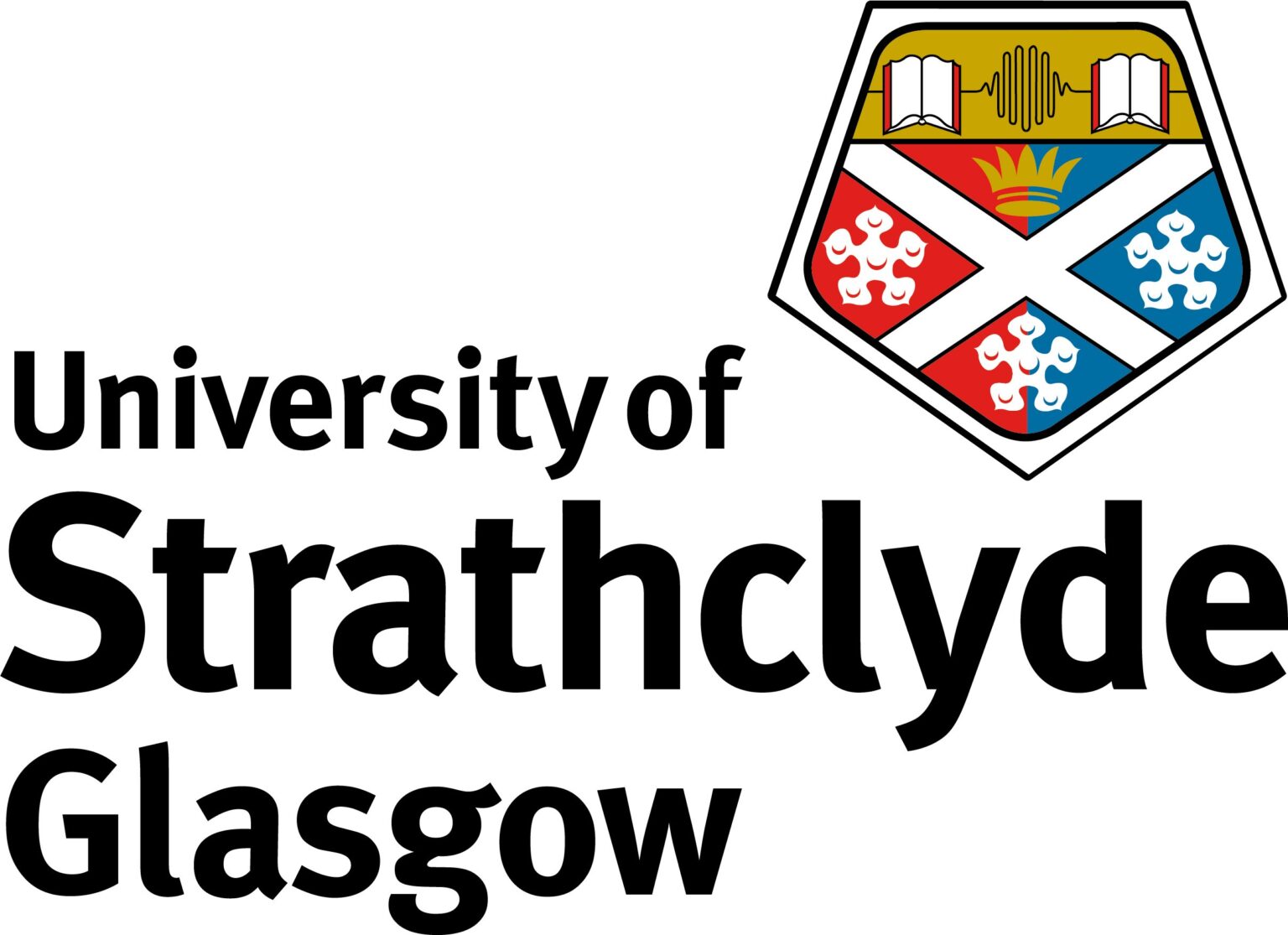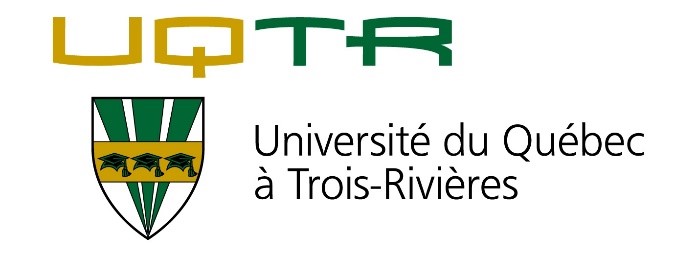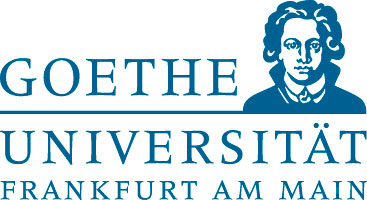Seminar Series
Upcoming Events:
To be announced.
Past events:
Tue, 21 November 2023, 14:00-15:30 CEST
Speaker: Prof. Ralf Kölbel, LMU Munich
Title: Whistleblowing
Tue, 26 September 2023, 17:30-19:00 CEST
Speaker: Clemens Arzt, HWR Berlin.
Title: Policing Public Order and Public Safety in Canada Powers of the Canadian Police in Statutory Law - A Legal Void?
Wed, 19 July 2023, 14:00-15:30 CEST
Speaker: Lena Himmelmann (Deputy Polizei- und Feuerwehrbeauftragte).
Topic : Establishing a new IPCB from zero: the independent complaints body for the Bremen police and fire brigade, established in spring 2022
In 2020, the parliament of the German City-State Bremen passed a law that established a new independent complaints body, not only for the state’s police agencies, but also for the fire brigades. The newly established body became operational in spring 2022. In the seminar session, we will discuss the challenges that occur during the early phase of a newly established complaints body, first results of its work and the particularities of the unusual combination of independent oversight functions over the police and the fire brigades.
Wed, 21 June 2023, 14:00-15:30 CEST
Speaker : Hugh Campbell, University of Ulster
Title: The role of personal responsibility in policing and restorative justice as an alternative form of accountability
For the next seminar Hugh Campbell, from the University of Ulster, will draw on his experience in training police in Northern Ireland to discuss the importance of personal responsibility in ensuring appropriate behaviour and interactions with the public, including how to guard against bad behaviour that can easily circumvent complaints procedures. He will also discuss restorative justice processes as an alternative form of accountability.
Tue, 22 May 2023, 17:00-18:30 CEST
Speaker: Patrick Watson
Title: The Enigma of 'Awful but Lawful': Interpreting intent from videos of police violence
Abstract: Video evidence has contributed to contemporary calls for police reform, defunding, and disbanding. Additionally, a growing number of officers in Canada and the United States are being held criminally culpable for uses-of-force on the job. Oftentimes visceral images give previously unimaginable access to the conduct and aftermath of violent police, but how unlawful violence is distinguished from "awful but lawful" conduct is still something on an enigma. We explore this enigma through a particularly graphic case of police violence gone wrong.
Officer Philip Brailsford of Mesa Arizona PD was acquitted for shooting Daniel Shaver despite video evidence that viewers find extremely disturbing. We show, through an analysis of trial transcripts, how defense counsel reframed Brailsford and Shaver to shift the balance of power away from an interpretation that Shaver was the powerless victim of a state agent to an active producer of his own lethal outcome. We focus on defense counsel's accomplishment of this unlikely feat through examinations of Brailsford's direct testimony, the prosecution's cross examination, and the opinion evidence of expert witness on police use-of-force Emmanuel Kappelsohn. Through this examination, we see how Brailsford's actions are framed as a good-faith mistaken belief that Shaver posed a legitimate lethal threat, despite the fact Shaver was sobbing, begging for his life, on hands and knees, and unarmed at the time he was shot.
Tuesday, 14 February 2023, 14.00-15.30 CEST
Speaker: Rick Muir, Police Foundation, director: https://www.police-foundation.org.uk/
Title: Accountability, blame and learning - getting the balance right
Abstract: In light of their exceptional powers, it is vital that the police are accountable to the public. At the same time fear of sanctions can promote a culture where officers are not open or honest when they make a mistake. Without a culture of candour, there can be no learning to make sure the same thing does not happen again. What is the right balance between accountability and learning and how in practical terms can we promote both at the same time?
Friday, 27 January 2023, 11.30-13.00 CEST
Speakers: Dr. Lawrence HO, Education University of Hong Kong TBC (maybe
Title: Professionalism vs Democracy in Police Oversight?
Models & Their Implementation in Asia’s Young Democracies
https://www.eduhk.hk/ssc/lawrenceho
Abstract: Should police be checked by the police or by representatives with public mandates? This article aims to respond to this frequently asked question by comparing two sets of institutional arrangements in police oversight mechanisms under three Asian regimes with different levels of democratization: Hong Kong, Japan, and Taiwan. “Professionalism” and “transcendency” are often prioritized by the Hong Kong authorities as the merits of the internal affairs model, over independent investigation capacity or elected appointees. Paradoxically, its police oversight counterparts under two neighbouring constitutionally democratic Asian jurisdictions still face critiques, given their institutional proximity with the civilian control model prevailing in the Western countries. What kind of institutional setting better oversight the police? We conducted a historical-institutional analysis by making use of publicly accessible documents, examining the evolution, reviewing the missions and format of empowerment, and weighing the strength and key insufficiencies of these three police oversight mechanisms. Our study primarily finds that historical conjunctures and regime values appear decisive in the evolution of these bodies. The police oversight mechanisms in Japan and Taiwan place more emphasis on public representation and legal empowerment to check police power, which provides longer institutional stability than that of Hong Kong, which was credited on personnel capability or transparency of the investigation process. The study also finds that the competence of personnel and the transparency of the investigation process appear not comparable to the importance of the public representation and legal authorization of the oversight agencies in determining public trust towards the oversight mechanism.
Tuesday, 13 December 2022, 15.30-17.00 CEST
Speaker: Gabriele Jacobs, University of Rotterdam
Title: Complaints as a source of organizational learning for the police force
Abstract: For citizens, complaints represent an essential communication opportunity with the police, which must be used in a responsible way. However, complaints can also lead to stress and experiences of insecurity and pose a threat to the professional identity of police officers. In her lecture, Prof. Dr. Gabriele Jacobs (Erasmus University Rotterdam) will present and discuss prerequisites for using complaints as a source of organizational learning for the police and developed recommendations for dealing with complaints from the perspective of "stakeholder management". This will be based on the example of the Dutch police's handling of complaints so far as well as an outlook on possibilities for improvement.
Tuesday, 22 November 2022, 14.00-15.30 CEST
Speakers: Simon Varaine and Sebastian Roché
Title: The Fourth Power: A mapping of police oversight agencies in Europe and Quebec
Abstract: Independent police oversight bodies are advocated by human rights organizations to be the most credible and effective solutions to address the misbehavior and systemic malfunction. They have emerged in parallel with independent regulatory agencies in various economic sectors, thus signaling a new trend in governance interpreted as the rise of a “fourth power.” Still, comparative knowledge is scarce about the nature of delegation of power to police oversight agencies (POAs) and their actions. By analyzing 25 POAs in 20 countries, this article seeks to precisely describe their features in Europe and Quebec: the timeline of their birth, the scope of delegation (remit, formal independence, powers, resources), and the variations in how they execute their mandate. We unveil a profound heterogeneity across countries. In terms of national patterns, the main divide is between specialized (police only, limited formal independence, more abundant resources) and non-specialized (all public administrations, strong formal independence, limited resources) agencies. The latter tend to act as a public fire alarm to compensate for their lack of resources. Our mapping also contrasts European countries’ oversight mechanisms, which rely on professional agencies that are mostly established at the national or regional level, with local civilian oversight boards in the US. And, while our results confirm that the 1990s marked a watershed, they question the notion that agencification in the police sector has been a vector for revolution in its governance, since no POA incorporates all the traits required for them to be the fourth power just yet.
Tuesday, 18 January 2022, 17.30-19.00 CEST
Speakers: Tobias Singelnstein (Ruhr-Universität Bochum) and Marc Alain (Université du Québec à Trois-Rivières)
Title: Excessive use of force by the police: Germany, Canada, Italy
The DFG-funded research project “Police Use of Excessive Force” aims at examining the processes of victimization, victims’ willingness to report incidents, and the scope and pattern of the dark figure of unregistered incidents concerning unlawful police violence. As the project’s first phase, a victim survey was conducted through an online questionnaire. In a second phase, these findings were supplemented and built upon by interviews with 60 experts from various backgrounds (police, criminal justice, civil society). The project is set to run through 2023. Participants were recruited via public outreach as well as a snowball sampling method drawing upon gatekeepers. The questionnaire was available over a period of 9½ weeks from November 2018 to January 2019.
Thursday, 23 September 2021 16.00-17.30 CEST
Speaker: Massimiliano Mulone (Université de Montréal, Centre international de criminologie comparée)
Title: The impact of complaints on police officers
Wednesday, 3 November 2021 15.00-16.30 CEST
Speaker: Eric Töpfer (German Institute for Human Rights)
Title: Police accountability mechanisms: What does “independence” mean?












